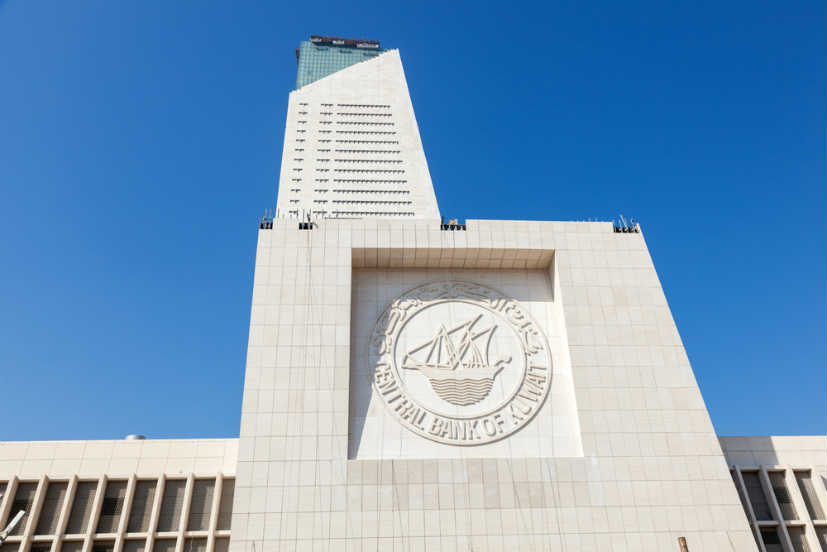The Central Bank of Kuwait has amended rules and regulations of corporate governance to allow banks in Kuwait to appoint independent members as their board of directors. The appointment of independent members will lead to good corporate governance within the bank. The new regulations will be implemented from June 30, 2020.
The independent members in the Kuwaiti bank’s board of members are expected to take unbiased and objective decisions keeping in mind the bank’s best interest, enhance trust in the bank and strengthen its financial stability.
Central Bank Governor Mohammed Yousef Al Hashel told the media that, “The amendments also allow the minimum number of independent members to be two from June 30, 2020, then four from June 30, 2022, to avoid unexpected demand for independent members and allow gradual implementation of the decision.”
The central bank’s decision to amend the rules and regulations related to corporate governance is based on international principles. The bank pointed out that these instructions are applied by a majority of international banks. The central bank wants to establish the principle of independence, which, according to the bank is one of the foundations of good corporate governance practices.
When asked if there is a relation between the Central Bank of Kuwait’s previous decision to increase the of foreign ownership cap in Kuwaiti banks, and the recent instructions to appoint independent members, Kuwait Finance House (KFH) Group Chief Executive Officer Mazen Al Nahed claimed both decisions are independent and has no relation with one another.
However, he did stress that both decisions are taken keeping in mind the best interest of the Kuwaiti banking sector.
The Central Bank of Kuwait recently issued instructions to all banks and financial institutions operating in Kuwait to implement the resolutions issued by the United Nations Security Council Sanctions Committee to combat financing terrorism.

